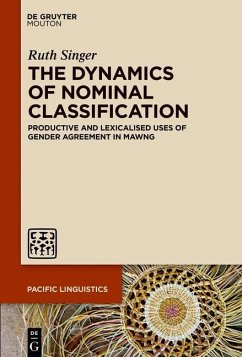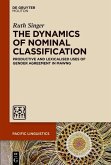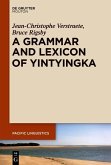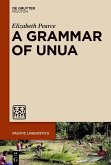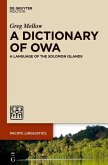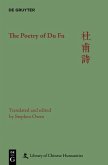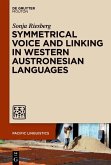Dieser Download kann aus rechtlichen Gründen nur mit Rechnungsadresse in A, B, BG, CY, CZ, D, DK, EW, E, FIN, F, GR, HR, H, IRL, I, LT, L, LR, M, NL, PL, P, R, S, SLO, SK ausgeliefert werden.
Rachel Nordlinger, University of Melbourne
"Ruth Singer's fine book offers interesting data, careful analysis, and challenging insights. It represents a clear step forward in our understanding of the ways in which speakers can use gender systems."
Greville Corbett, University of Surrey

